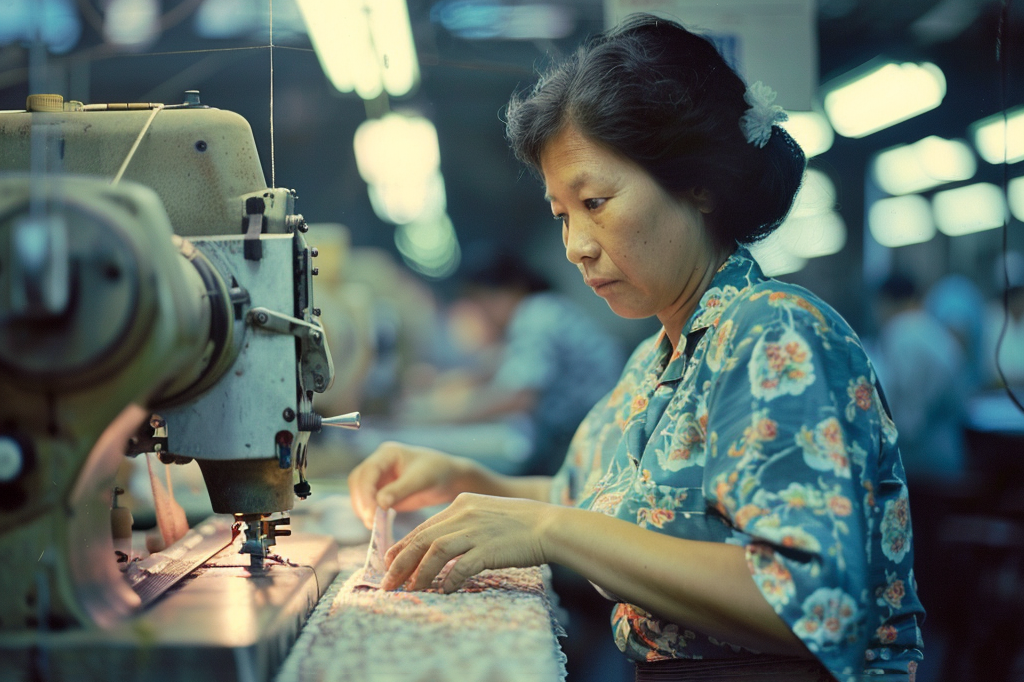Airborne particulates: non-oily and oily
The first priority when buying a functional mask is to determine what you want to prevent? Different types of masks are required to prevent oily or non-oily particles.

NIOSH in the United States divides masks into three categories: N/P/R
The number after the letter indicates the filtration rate for particulate matter 0.3 microns (PM0.3). For example, 95 means a filtration rate of 95%. Category N is only used to protect against non-oily particles, such as N95. Class R protects against both oily and non-oily particles for 8 hours, such as R95. Type P is used for long-term protection against both oily and non-oily particles, such as P95.

Mask choice
Under normal circumstances, most of the components of haze are non-oily particles, so we usually choose N series masks when preventing haze. But if you are afraid of inhaling too much fumes while cooking, you should choose an R or P series mask.
Oily/non-oily filterable Xpure nano protective layer
After reading the above explanation, you may feel troubled because you often face oily and non-oily pollutants at the same time in your life!
In Europe, the United States or Japan, the air quality is very good, so people's masks have "epidemic prevention" as their main function. Faced with granular pollutants in the air, major mask manufacturers such as 3M have always developed disposable industrial masks based on industrial environment standards. For this reason, Net Convection has begun to develop filtration technology specifically for people's livelihood purposes. Based on nanofiber mesh, it can block both oily and non-oily products, and the filtration effect will not be lost due to the time the product is opened.
In Europe, the United States or Japan, the air quality is very good, so people's masks have "epidemic prevention" as their main function. Faced with granular pollutants in the air, major mask manufacturers such as 3M have always developed disposable industrial masks based on industrial environment standards. For this reason, Net Convection has begun to develop filtration technology specifically for people's livelihood purposes. Based on nanofiber mesh, it can block both oily and non-oily products, and the filtration effect will not be lost due to the time the product is opened.
References:
NIOSH US - http://www.cdc.gov/niosh


